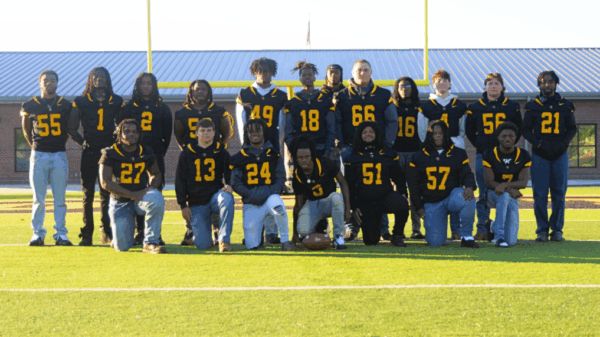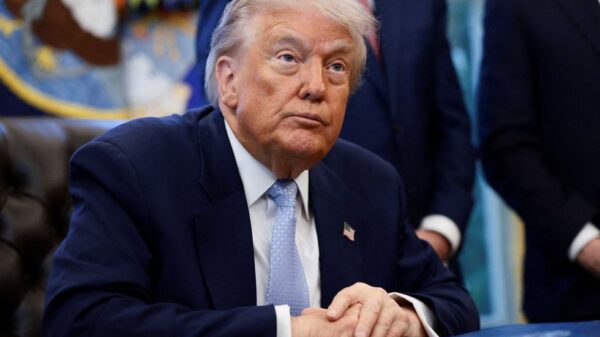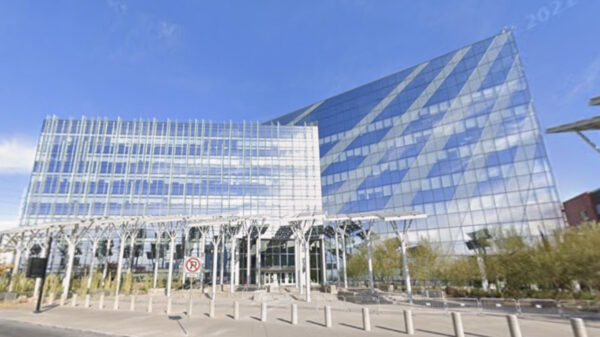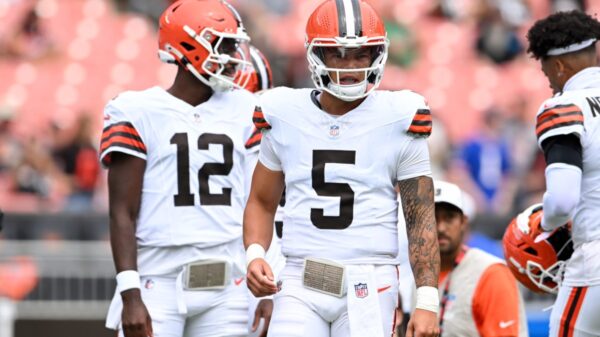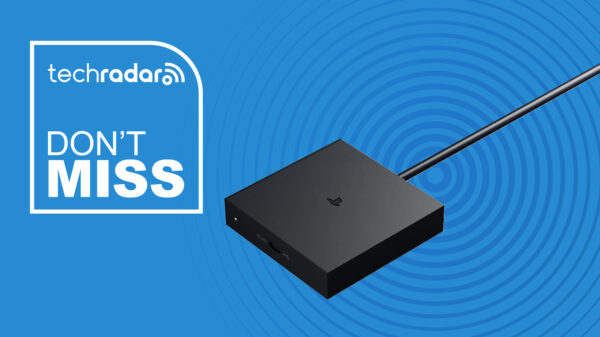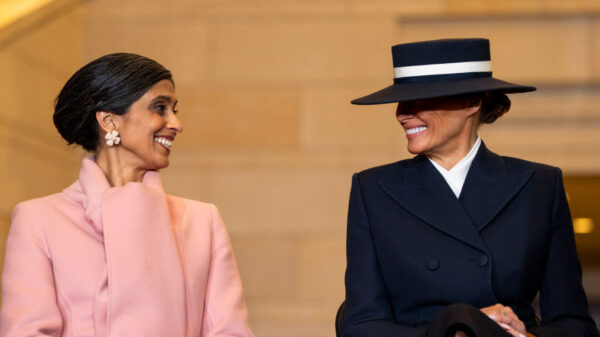A federal judge has ruled in favor of Meta Platforms, affirming that the company’s acquisitions of Instagram and WhatsApp complied with antitrust laws. This decision, issued by Judge James E. Boasberg of the US District Court for the District of Columbia, marks a significant moment in the ongoing scrutiny of the tech giant’s business practices.
In his ruling, Judge Boasberg concluded that the acquisitions did not create an illegal monopoly within the social networking sector. The judge emphasized that the evidence presented did not support claims that these deals restricted competition or harmed consumers. This judgment is particularly relevant as regulators worldwide continue to examine the influence of major technology companies.
The court’s decision comes after a lengthy legal battle initiated by the Federal Trade Commission (FTC), which sought to challenge the acquisitions on the grounds that they violated antitrust regulations. The FTC argued that both Instagram, purchased in 2012 for approximately $1 billion, and WhatsApp, acquired in 2014 for about $19 billion, significantly enhanced Meta’s market power, thereby limiting competition.
Judge Boasberg’s ruling is part of a broader trend in the judiciary, which has shown a hesitance to overturn significant mergers and acquisitions in the tech industry. This latest decision aligns with a previous ruling in June 2021, where Judge Boasberg dismissed an FTC lawsuit aimed at breaking up these companies, stating the agency had failed to demonstrate sufficient evidence of anticompetitive behavior.
The implications of this ruling extend beyond Meta. It sets a precedent for how similar cases might be evaluated in the future, particularly as regulators globally reassess their strategies for managing large tech firms. Following the ruling, Meta expressed satisfaction, stating that the decision reaffirmed their belief in the legality of their business practices.
As the tech landscape evolves, the court’s decision may influence other companies contemplating acquisitions. It suggests that the legal framework governing antitrust issues may not be as stringent as some stakeholders have anticipated. Observers note that this ruling could embolden tech firms to pursue further consolidation, potentially reshaping the competitive landscape of the industry.
The verdict is likely to be scrutinized by advocates for increased regulation of the tech industry, who argue that the current framework is insufficient to address the growing market power of major companies like Meta. As discussions about antitrust laws continue, the outcome of this case could serve as a reference point for future legal challenges.
In summary, the ruling by Judge Boasberg represents a critical juncture in the ongoing dialogue about the balance between encouraging business growth and maintaining fair competition in the tech sector. As Meta continues to navigate the complexities of regulatory oversight, this legal victory is expected to bolster the company’s position within an increasingly competitive market.




